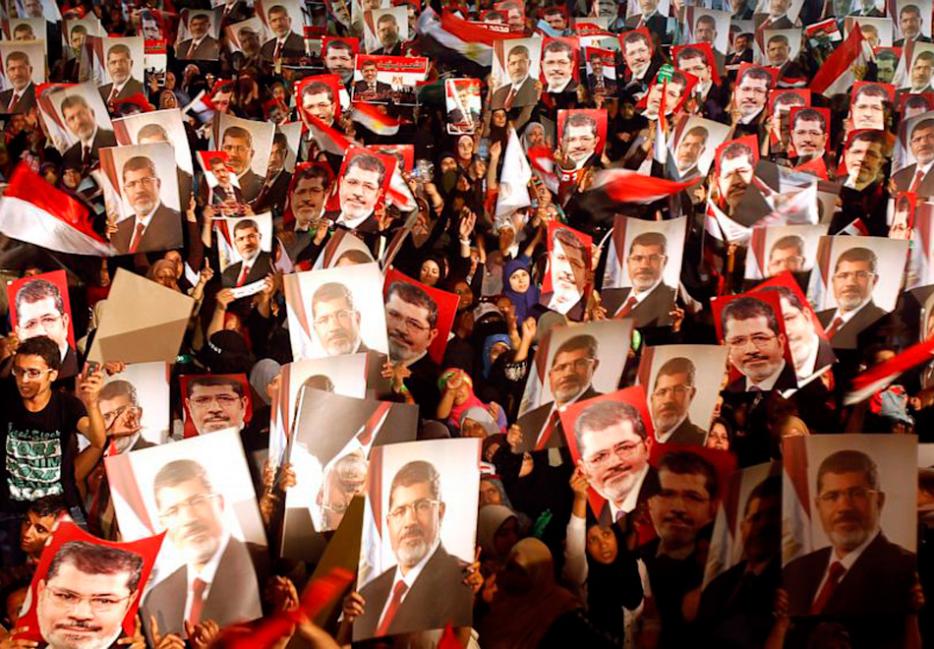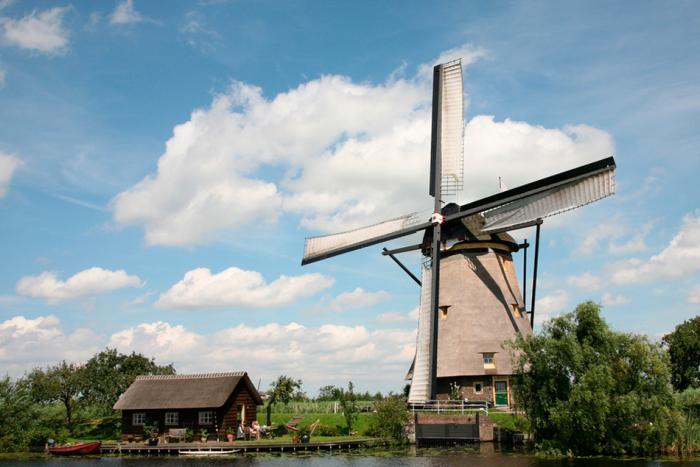Time really does clear up a lot: Just weeks ago, the chaotic scene in Cairo left even seasoned observers unsure of what they were watching: a coup, a popular uprising against an unpopular president, or something else entirely. The answer that’s becoming increasingly clear: A and B, but not really C.
It turns out, according to reporting from the New York Times, that the mysteriously consistent economic problems Egypt had been facing since the election of Mohamed Morsi just sort of evaporated once he was removed from power. Electricity has started working again, police have come out into the streets to re-impose order, and line-ups at the gas stations have eased.
Since the military owns the gas stations (and much more, including bakeries), and the non-military state bureaucracy remains incredibly powerful, people were already starting to suspect that the fix was in: the army essentially went on strike during Morsi’s tenure without being so polite as to tell anyone, leaving Morsi holding the bag for economic chaos the military was causing. And the Wall Street Journal reports that, yes, the “secular” opposition to Morsi (some of whom are, of course, Islamist) held private meetings with the military in the weeks before his ouster.
So: Egypt’s “deep state” causes economic chaos, Morsi’s opponents promise to bring people into the streets to signal their discontent, and the military—with much more alacrity than they’d shown in removing Hosni Mubarak—decides that Morsi’s time is over. The playbook is uncomfortably close to that followed by the CIA when they decided Allende had to be removed in Chile—Nixon ordered the CIA to “make the economy scream“—though unlike Allende, Morsi is not going to have a wildly popular afterlife in undergraduate political science discussions.
So which direction is Egypt headed now? Some of the new leadership’s members are familiar: Mohamed ElBaradei is the new vice president and was involved in the conspiracy (which, even if we don’t love Morsi, is what it was), but may be better known to westerners as the guy who got the Iraq WMD question right—something the American right has never forgiven him for. Stanley Kurtz, writing in the National Review about early rumours that ElBaradei would be the next prime minister, described the secular opposition as “a loose coalition of hardcore Arab nationalists, socialists, and communists, bound only by their burning hatred of America and Israel.” But tell us how you really feel.
In the near future, ElBaradei and the opposition to the Muslim Brotherhood are in the driver’s seat. They’ve got the military behind them and the recent memory of Morsi’s reign to quell dissent. But the Muslim Brotherhood isn’t going away anytime soon, and they’re going to remain a political force in Egypt if and when any free elections are held. Distressingly, the military seems prepared to repeat the mistakes of the last two years, pushing through changes to the constitution with undue haste. Now all the army needs to do is split the secularist vote with members of the ancien regime like they did last time and the Brotherhood can find its way back to power.
When Morsi was first elected, one of the talking points was that Egypt had its first elected leader in 6,000 years of history. What few people stopped to dwell on was that electing the first guy is easy. It’s making sure that you elect the second guy, and that the first guy leaves quietly, that’s hard. Two years into the Arab Spring, Egypt still hasn’t mastered that part.






